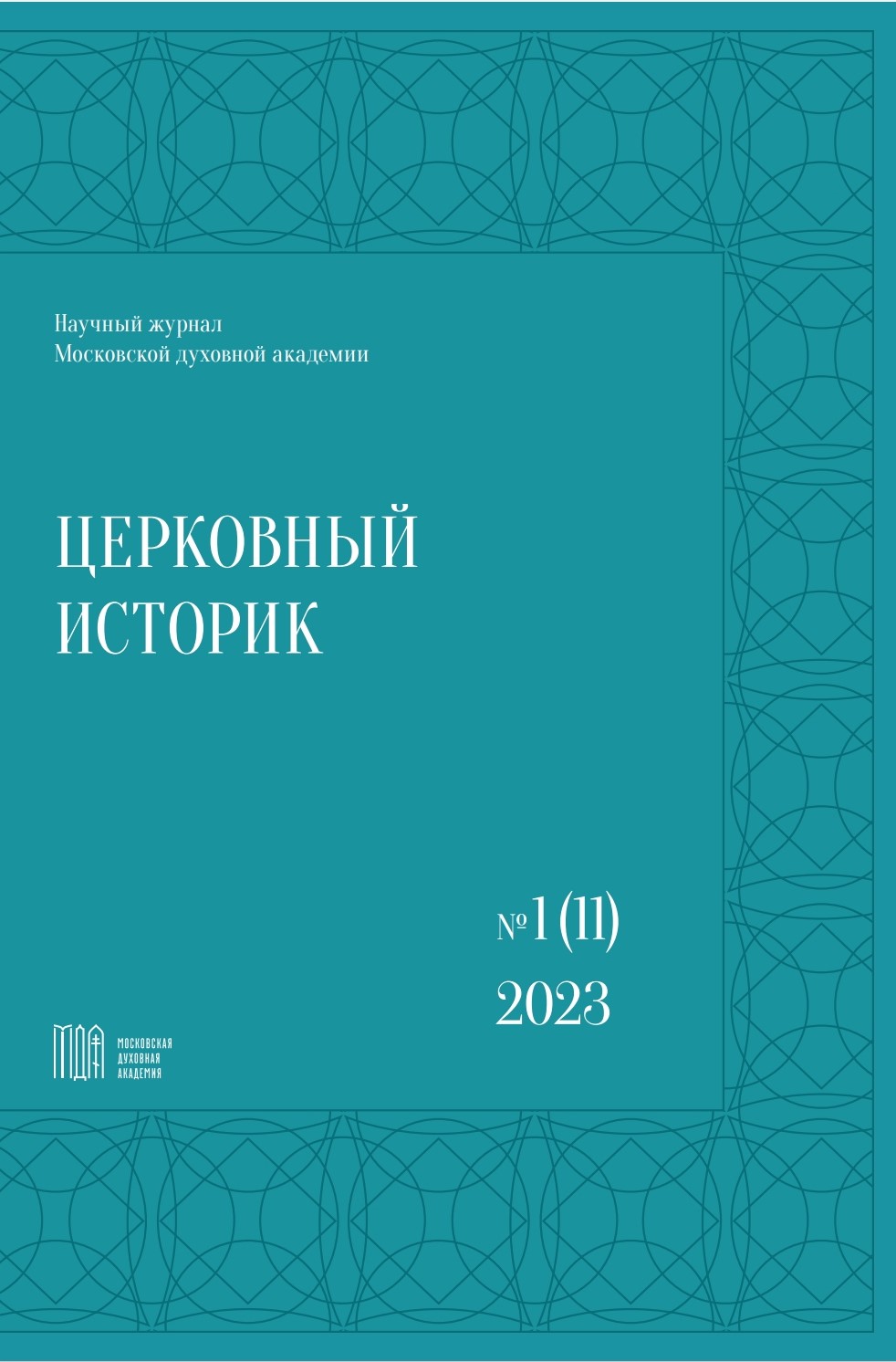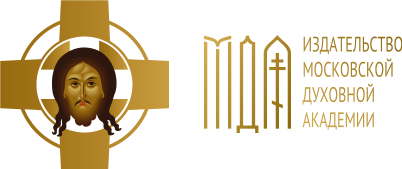Bishop Ulfilas — Apostle of the Goths
DOI:
https://doi.org/10.31802/CH.2023.11.1.001Keywords:
Ulfilas, Visigoths, Christianization of Goths, Moesian Goths, Arianism, Auxentius of Dorostor, Bible translations, Christianization of barbarians, FutarkAbstract
During the migration of peoples, Germanic tribes settled on the territory of Europe. As a result, cultural exchange with the local population took place, which led to the Christianization of the barbarians, a global change in ethnic identity and, as a result, the formation of barbarian Christian kingdoms on the ruins of the Roman Empire. The Visigoths were among the first to pass this way. Having passed through the entire empire, they established their kingdom on the territory of the Iberian Peninsula, where Christianity was the connecting factor between the barbarians and the local population and the engine of the development of culture and legislation. The transition from the pagan faith was a complex process that began with the migration of the Goths to the Danube. The first bishop of the Visigoths, Theophilus, the Christian heresy of the Avdians, all of them contributed to the Christianization of the Goths, but most of all Bishop Ulfila, who himself was a Goth by birth, worked in this field. Knowledge of local traditions and a good education helped him to convert his brethren to the faith in Christ. The most important thing that he undertook for this was the translation of the Holy Scriptures into the Gothic language created by himself, which was based on Latin, Greek and partly on the runic script of the Goths themselves. When the apostle of the Goths went out to preach, almost all the Visigoths were pagans, but after his death and the resettlement of the Goths to the territory of the Roman Empire, the pagans themselves were already in the minority. The personality of Ulfilas is also extremely interesting in the study of the Visigoths due to the fact that he transmitted his theological view — Arianism, subordinationism, which the Goths kept until the end of the VI century, and it also affected the organization of the state.
Downloads
References
Беликов Д. Н., проф., Христианство у готов. Православный собеседник, Казань, 1886/1887 г.
Вольфрам Х. Готы: от истоков до середины VI века (опыт исторической этнографии). Пер. Миловидов Б. И., Некрасов М. Ю. СПб.: Ювента. 2003.
Дексипп, Эвнапий и др. Пер. Дестуниса С. Ю. Типография Леонида Демиса, СПб., 1860г., С. 141–142.
Доросторский Авксентий. О вере, жизни и кончине Ульфилы. Вступ. ст., пер. с латин., коммент Г. Е. Захарова. // Вестник ПСТГУ. Серия II: История. История Русской Православной Церкви. 2011. Вып. 4 (41). С. 110.
Зиньковская И. В. Об уровне готской письменной культуры в III–IV веках. Воронежский государственный университет. // Вестник ВГУ. Серия: история. политология. социология. 2015. № 4. С. 59–63.
Копаев М. Ю. О некоторых аспектах христианизации Дунайских готов в III–IV веках н. э. // Вестник ВГУ. Серия: история, политология. Социология. 2014. № 1. С. 46–50.
Мельникова Е. А. Скандинавские рунические надписи. Новые находки и интерпретации. Восточная литература. М. 2001.
Мыршану Д. Г. Вульфила // ПЭ. Т.10. М. С. 28–29.
Скардильи П. Готы: язык и культура. Пер. с нем. Сыщиков А. Д., Баева А. Г. СПб.: Филологический факультет СПбГУ; Нестор-История, 2012.
Филосторгий Церковная история // [электронный ресурс] URL: https://azbyka.ru/otechnik/Istorija_Tserkvi/tserkovnye-istoriki-4-5-vekov/4 (дата обращения: 22.07.2022).
Marschand J. M. Hatten die Goten vor Wulfila eine Schrift ? // Beiträge zur Geschichte der deutschen Sprache und Literatur. Berlin, 1959. № 81. S. 259–302.
Downloads
Published
How to Cite
Issue
Section
Categories
License

This work is licensed under a Creative Commons Attribution-ShareAlike 4.0 International License.







